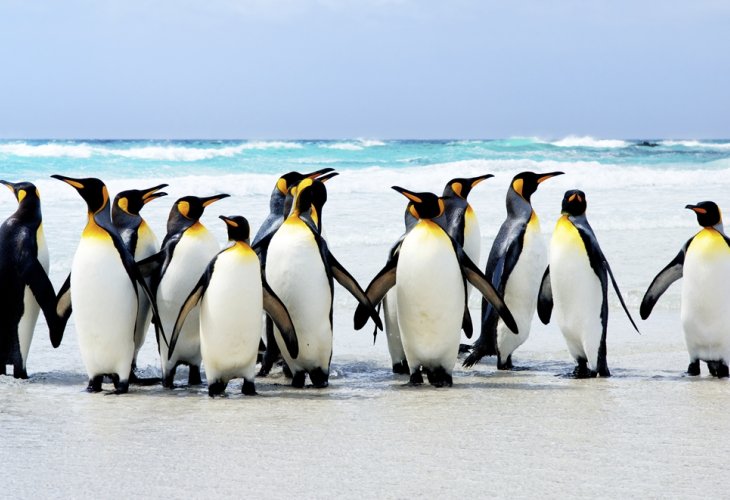Facts You Didn't Know
From Cashew Secrets to Tree Bridges: Nature’s Hidden Wonders
Discover how penguins stay warm, bridges grow from trees, and what makes cashews so unusual
 (Photo: Shutterstock)
(Photo: Shutterstock)• Did you know about living bridges?
In Cherrapunji, India, in the state of Meghalaya, there are bridges that grow instead of being built. The local people guide the roots of the Indian rubber tree (Ficus benghalensis) across rivers. Over time, the roots thicken and become strong like tree trunks. These amazing natural bridges can hold up to 50 people at once!
• Have you heard of anosmia?
Anosmia is the loss of the sense of smell. During the COVID-19 pandemic, this became a well-known symptom. Some people are born with anosmia, while others lose their sense of smell for a short time due to damage in the nose or brain areas related to smell.
• How do penguins survive in Antarctica?
Emperor penguins live in Antarctica all year long. Unlike other penguin types, they don’t fly off to warmer places for winter. Instead, they huddle together in large groups to stay warm. Even in freezing temperatures, this teamwork helps them keep a body temperature close to 98.6°F (37°C).
• What is the biggest insect in the world?
Meet the giant weta! This insect lives in New Zealand and can grow up to 17 centimeters long. It can even weigh as much as three small mice making it bigger than some birds.
• How was the smallpox vaccine discovered?
During a terrible smallpox outbreak, British doctor Edward Jenner noticed something interesting. Milkmaids who had caught cowpox, a much milder illness, didn’t get smallpox. He studied this for 20 years and finally created a vaccine that saved many lives.
• What happens to a moose’s antlers?
Moose, the largest animals in the deer family, grow huge antlers each year. In the spring, they shed their antlers, and new ones grow in their place. As moose get older, their antlers tend to grow back smaller each year.
• What’s special about cashews?
Cashews are a bit different from most nuts. They’re actually seeds, not fruits. The juicy cashew fruit spoils quickly, so it’s not sold much. The seed, which we eat, must be roasted or cooked first because its shell is toxic.

